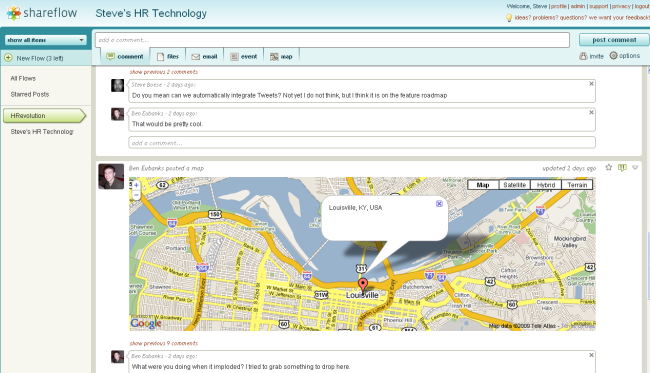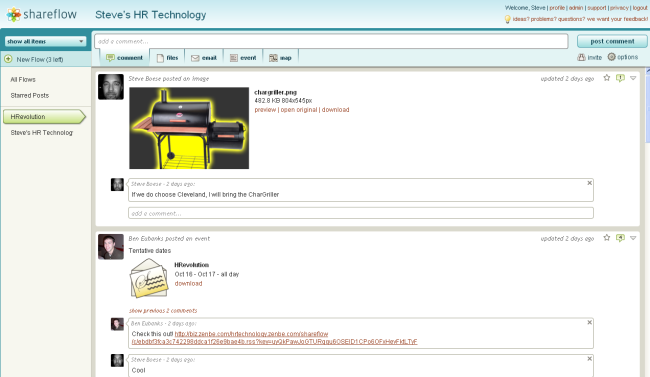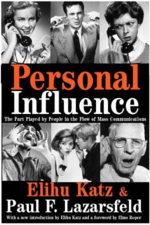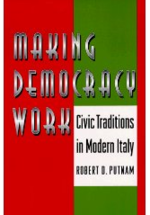Care to share?
In thinking on the conditions necessary for a vibrant and valuable online knowledge sharing platform or enterprise social network, it seems that the following three components all need to exist for sustainable, meaningful, and reproducible success:
One - Contributors
People have to want to contribute, and they have to be given all the needed time, resourFlickr- clappstarces, technical training necessary to that end. Some of the top barriers to individual team members from contributing have to be assessed, and strategies implemented to better enable contribution.
Some of the most common barriers are technical ('I do not understand how this software works'), cultural ('Why would I want to share this information with anyone else?'), and fear-based, ('I am not comfortable posting content for the entire company to see').
Two - Consumers
Two - People have to be willing to ask the questions, usually in a public manner. This is very different than the way they typically have sought information in the past, a face-to-face discussion, a private phone call, or a personal email. Publicly posting a question on a company forum or wiki page potentially exposes the employee to embarrassment, and some studies have suggested that the desire to avoid looking uninformed or incompetent to be a powerful inhibitor of both asking questions as well as providing content.
But clearly if there are not enough 'seekers' of knowledge and information in the community, the platform becomes more a stagnant content repository and less an active community. The simple asking of questions should generate helpful answers, and once people have seen that the community members do indeed provide
Three - Comments (and ratings)
People have to be willing to rate and evaluate contributions, and to have their own contributions also evaluated. Great content needs a way to get 'surfaced'. Users must have the ability to provide comments, vote up or down, and give ratings to the content that is contributed by the other members of the community. The best content then becomes easier to find and those contributors get recognized by the community as experts, and sources of insight.
When any of these are missing
Think about what happens in absence of any of these requirements. Obviously without a significant number of employees participating in generating content and sharing their expertise, the community will stagnate quickly, people seeking information and answer will quickly give up, and the entire project will be dispatched to the dustbin of IT or HR failures.
If not enough employees go to the community to seek answers, then contributors will quickly lose interest and enthusiasm for creating content, and eventually the community will simply house some basic, static type information, and not much else. The process of users asking questions of the community serves two purposes. One, to get the user the anwser he or she needs to their issue, and two, to serve to generate more discussion and collaboration that often leads users to actually create new sources of knowledge.
Lastly, if consumers and contributors are not comfortable or honest about evaluating content on the community, then as the volume of contributions grows, it becomes difficult for information seekers to find the 'right' answers, the 'best' contributions, and the 'experts' in the community. Not all contributions and contributors provide equal value to the overall community. The community becomes a much more effective tool when the best content and expert members can be easily identified.
In some future posts I will go into some detail on how some of the barriers and enablers for all three areas describes above. It is important for organizations to think about these three requirements as they consider and deploy software for community building and collaboration.

 Steve
Steve





